“Understanding is the first step to acceptance, and only with acceptance can there be recovery.”
― J.K. Rowling
Practicing acceptance throughout your day to day life can be very fulfilling, such as acceptance for certain emotions including happiness, joy, anger, peace and guilt. As humans, when we are feeling negative emotions like anger or guilt we tend to carry it with us, which produces adverse outcomes in the long run. When we accept negative emotions we learn to ease these symptoms to live a more fulfilling life in the future. Acceptance can be practiced in various outlets in our lives such as partnerships, workspaces and interpersonal relationships. The more an individual practices acceptance the less likely they are to feel “stuck” when difficult situations and negative emotions arise.
Acceptance has been a skill I have had to become aware of during my early adulthood in order to embrace positive and negative emotions. As a self proclaimed perfectionist, I still have not mastered the craft of being fully accepting when adverse outcomes occur. It has been a learning curve of being aware of when negative things do happen, understanding that there is always a growth opportunity in that experience. Radical acceptance, which is a skill taught in Dialectical Behavior Therapy (DBT), is the ability to cope with outside situations without getting caught up in the emotional reaction to the situation. Radical acceptance can be very useful during difficulties such as grief or losing one’s job. While grief and loss are normal emotions, cognitive pain stems from the initial pain due to a lack of acceptance. By practicing radical acceptance, one can learn to accept difficult situations and remove the mental anguish that they are experiencing.


